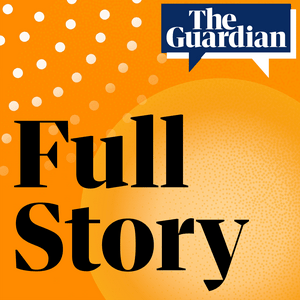This week, journalist William Christou made the long journey to al-Roj camp in north-eastern Syria where 2,000 families are detained – including 23 children and 11 women from Australia with links to IS. These Australian citizens attempted to leave the camp last week with the hopes of making it to their homeland, but were forced to turn back. They are now at the centre of a political storm. In this exclusive, you will hear from the Australian children stuck in Syria. Christou speaks to Nour Haydar about how he met the children, the conditions they live in and why they want to come home


